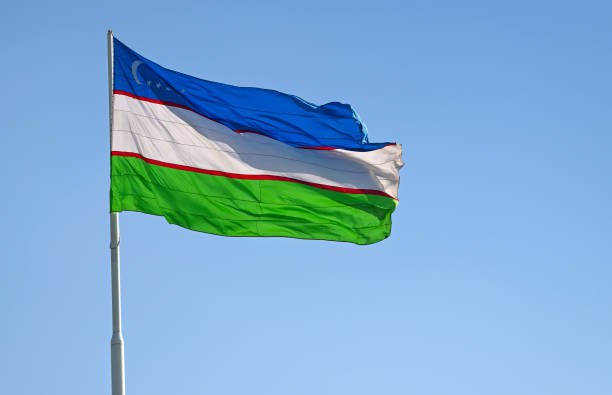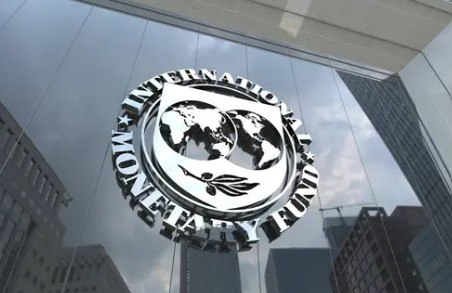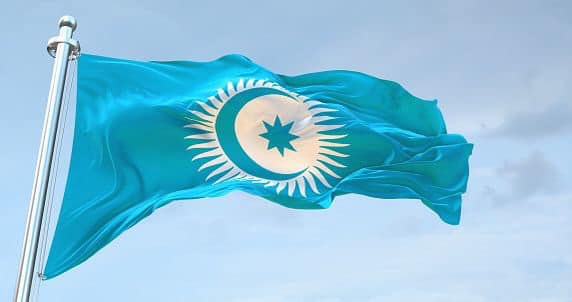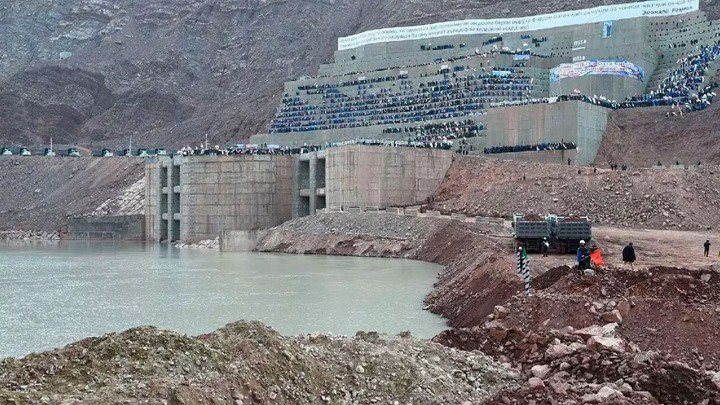The International Monetary Fund held consultations with the authorities of Uzbekistan in Tashkent from April 23 to May 7, 2024. According to the results of the discussions, the organization delivered their official statement regarding the mission on May 14.
According to the statement, the rate of growth of Uzbekistan’s economy remains high. Although the volume of remittances has returned to the trend of the period until 2022, the implementation of stimulative fiscal policies, a sharp increase in fixed capital investment and private consumption served to increase GDP in real terms by 6% in 2023. In the first quarter of 2024, the growth rate remained high.
Steady growth in real incomes and measures to expand the scope of the social protection system since 2020 helped reduce the poverty rate from 17% in 2021 to 11% in 2023. Headline inflation fell from 12.3% at the end of 2022 to 8% in March 2024 due to a relatively high real base rate and lower global food and energy prices. In 2023, the external current account deficit expanded to 8.6% of GDP from 3.5% in 2022. This increase was driven by a surge in imports of machinery and equipment (some of which is temporary), lower remittances compared to 2022, higher net interest payments on foreign debt, and repatriation of earnings by foreign-owned businesses. Despite buoyant gold exports, international reserves decreased by $1.2 billion in 2023, although they remain substantial, equivalent to about nine months of imports as of March 2024.
The authorities’ strong reform efforts in energy, privatization, and state-owned enterprises (SOEs) continue to bolster economic prospects. Real GDP growth is expected to be robust at 5.4% in 2024, supported by strong domestic demand, and is projected to edge up to 5.5% in 2025. Ongoing fiscal adjustments, moderate bank lending growth, and the reversal of temporary import increases in 2023 are set to curb import growth and reduce the current account deficit this year and next. Inflation is expected to temporarily rise by the end of 2024 due to higher administered energy prices, but sustained tight macroeconomic and macro-prudential policies, alongside structural reforms, aim to lower it toward the Central Bank of Uzbekistan’s target.
However, risks remain elevated given the highly uncertain external environment. External risks include spillovers from an escalation of Russia’s conflict in Ukraine, commodity price volatility, and a sudden global economic downturn. Domestically, risks involve slower fiscal consolidation, weakened bank balance sheets, and potential liabilities from state banks, SOEs, and public-private partnerships (PPPs). Upside risks include acceleration of structural reforms, continued favorable inflows of income and capital, and higher gold prices.
The authorities aim to join the World Trade Organization, which, along with enhanced trade cooperation and improved transport routes, would boost Uzbekistan’s exports. Closing gender gaps in labor force participation would increase inclusion, productivity, and GDP. Climate adaptation policies and incentives for green technology would mitigate vulnerabilities, de-carbonize the economy, and promote green growth.
“The government should maintain momentum on anti-corruption efforts, building on sustained and significant improvements in governance and rule of law indicators,” states the report. “In the near term, staff recommends implementing asset declaration and conflict of interest laws and establishing an efficient income declaration system. Uzbekistan should ensure access to information and enhance compliance. To combat corruption, the government should enact whistleblower protection legislation and increase accountability. Strengthening the independence of the Chamber of Accounts and the judiciary would improve financial oversight, contract enforcement, and the business environment.”









